Articles
Issue Editorial Board
Issue Reviewers

 0000-0001-8355-5367
0000-0001-8355-5367


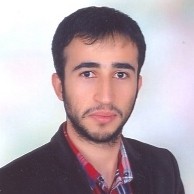
 0000-0002-1775-0954
0000-0002-1775-0954


 0000-0002-3146-1833
0000-0002-3146-1833


 0000-0001-8557-8706
0000-0001-8557-8706
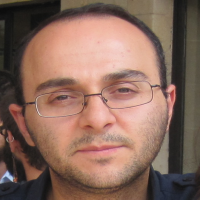


 0000-0003-3075-5503
0000-0003-3075-5503

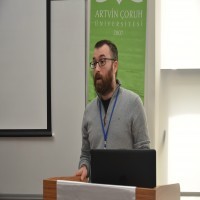







 0000-0002-3507-2712
0000-0002-3507-2712
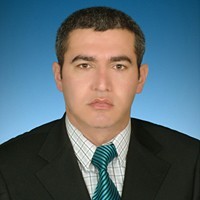





 0000-0002-3383-0479
0000-0002-3383-0479
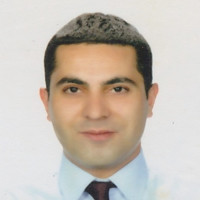

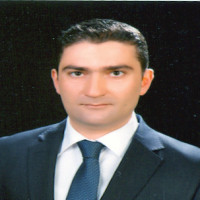
 0000-0002-0296-4108
0000-0002-0296-4108

 0000-0002-1636-9684
0000-0002-1636-9684
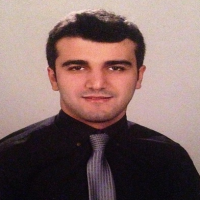
 0000-0002-1451-0998
0000-0002-1451-0998


 0000-0002-9001-2990
0000-0002-9001-2990
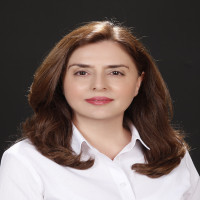
 0000-0001-8113-6193
0000-0001-8113-6193
 0000-0001-6420-641X
0000-0001-6420-641X



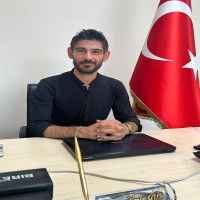
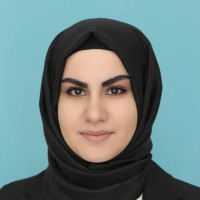





 0000-0001-7435-626X
0000-0001-7435-626X
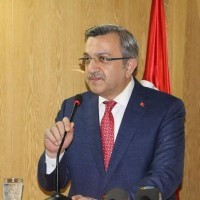

Aim & Scope
FOCUS
The Fırat University Journal of Social Sciences (p-ISSN 1300-9702, e-ISSN 2149-3243) is an international peer-reviewed journal published triannually in print and electronic formats in January, May, and July, providing a platform for researchers and scholars in the social sciences to present their scientific studies.
SCOPE
Author Guidelines
CLICK HERE TO DOWNLOAD THE SAMPLE ARTICLE TEMPLATE
Articles intended for publication in the Fırat University Journal of Social Sciences should primarily be original works that contribute to the field of social sciences and must possess the following qualities:
1. Titles in Turkish and foreign languages should be compatible with the scope of the article; they should reflect the subject of the article briefly, clearly, and adequately.
2. Summaries in Turkish and foreign languages should reflect the purpose, scope, and results of the writing and should be prepared in a way that can be published separately from other sections of the text.
3. The writing should adhere to grammatical rules in terms of language and expression, follow a clear and straightforward narrative style, avoid unnecessary information that goes beyond the purpose and scope, and comply with the rules of article writing.
4. In the preparation of the article, established scientific methods should be followed, and information such as the subject, purpose, scope, and rationale for the preparation of the study should be provided adequately and in a specific order. The figures, tables, photographs, and other documents used in the article should be prepared in accordance with scientific standards, selected in line with the purpose and scope of the writing, and unnecessary documents and sources that are not mentioned in the text should not be included.
5. The figures, tables, photos, and other documents used in the article must have a clear and sufficient explanation that is easy to understand.
6. The sources used in the text should be organized according to writing rules, and every document mentioned should be included in the references section; however, documents that are not referenced in the text should not be included in the references section.
7. The results should be consistent with the aims and scope of the research, presented in a concise and essential manner, and should not include data or findings that are not mentioned in the text.
8. For any research conducted using qualitative or quantitative approaches that involve data collection from participants through surveys, interviews, focus group studies, observations, experiments, or other interview techniques, an "Ethics Committee Approval Document" must be obtained.
9. All articles to be submitted to our journal must include a "Similarity Report" (Plagiarism Report).
10. The article file should be uploaded in two separate instances, one of which must include the authors' names within the work, while the other must not contain any author information. The file name should also include the title of the work, not just the author's name.
Example file name:
V1_untitled_article title
Article titled V1.
11. An author can only have one article published in any issue of our magazine, regardless of the order of authorship.
12. Considering the TR INDEX criteria (in your institution, the number of articles and the peer review ratio should be at most 1/3) and taking into account the journal density, an author will have only one publication in a year.
Ethical Principles and Publication Policy
Price Policy
Journal of Social Sciences is an open access journal.

